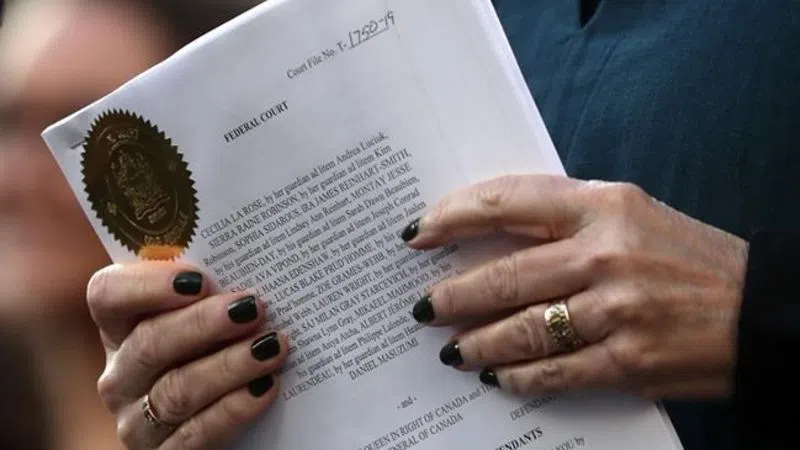
A list of actions being taken on climate change around the world
VANCOUVER — Fifteen young Canadians are suing the federal government over climate change. It’s not the first climate change litigation. Here are five other cases:
1) An environmental group in Quebec sought to launch a class action against the federal government in November 2018 for what it said was a failure to combat climate change. Lawyers sought to argue that Quebecers who are 35 and under are being deprived of a right to a healthy environment and will suffer the effects of global warming more than older generations.
Superior Court Justice Gary Morrison said in July that the cause of environmental protection was of undoubted importance. But he said in a ruling that members of the class would have to be 18 or older and excluding those over 35 appeared to be a “purely subjective and arbitrary choice” by the organization.
“Although the mission and objectives of (the group) are admirable on the socio-political level, they are too subjective and limiting in their nature to form the basis of an appropriate group for the purpose of exercising collective action,” Morrison wrote. The group “can be the ‘voice’ of young people,” he added, “but it does not have the authority to change the legal status and powers of minors.”
